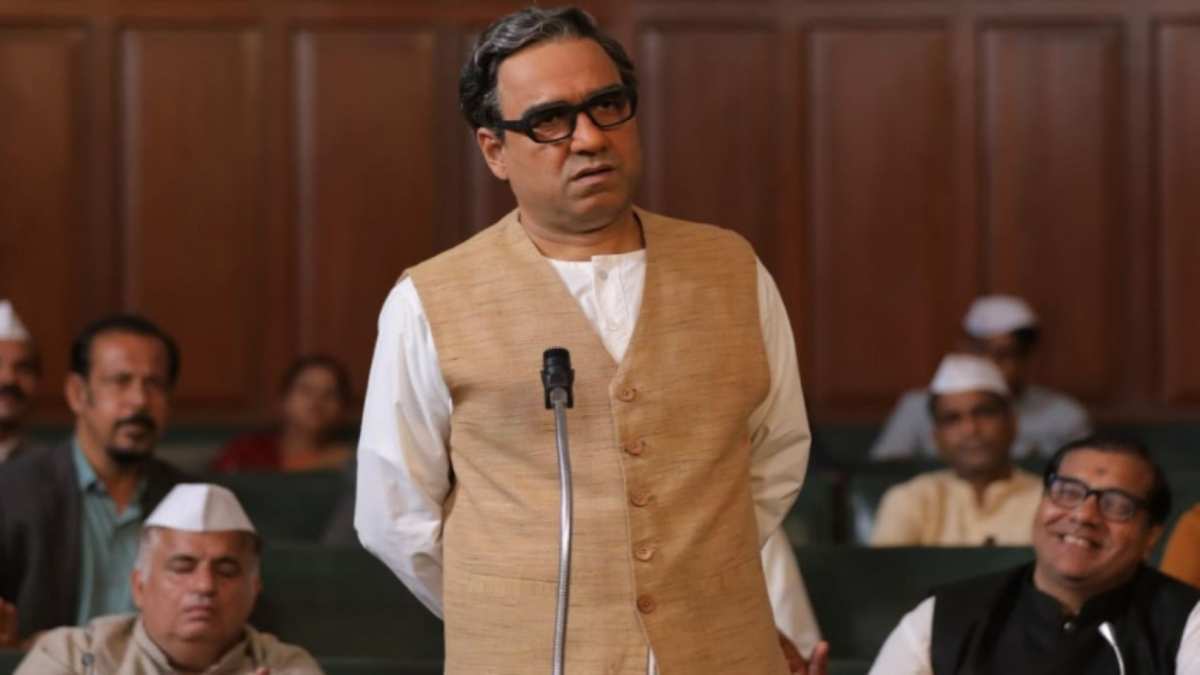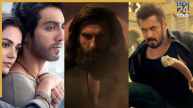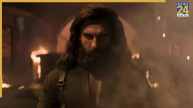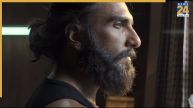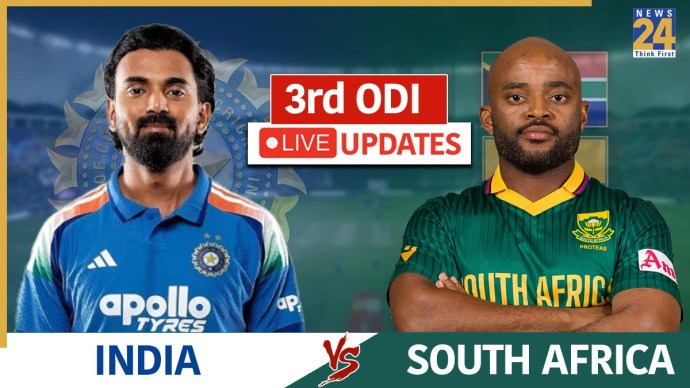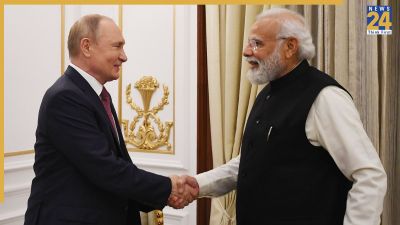The story of Atal Bihari Vajpayee, who remained the most popular Prime Minister of the country, became a symbol of peace worldwide, and even the opposition revered him, with his poetry reflecting a beautiful blend of love and revolution, is a challenging path to depict in just 2 hours and 20 minutes. In this twisted journey, even a slight mistake could have distorted the entire narrative. However, I have incorporated three personalities in creating Atal, individuals who were crucial in Vajpayee’s 94-year-long life and his politically significant career spanning six decades.
The narrative is presented in a docudrama format rather than a conventional drama to showcase the story. The film begins with the opening credits, highlighting Vajpayee’s hard work and dedication in the RSS branches. Starting with a small lesson on learning to speak from his father in childhood, the story swiftly progresses, covering events like listening to Hedgewar Ji at the RSS headquarters in Nagpur and the shock of his demise.
Also Read: Not Shah Rukh, Deepika, Or Irrfan, THIS Bollywood Star’s Career Becomes UK Case Study
The film slows down where Atal Ji’s love story unfolds, creating a moment that astonishes the audience. The chapter on Atal Ji’s love with the Rajkumari is opened and promptly closed, but the depth of this relationship is understood in just one song. Collaborating with Rishi Varman, director Ravi Jadhav has intricately woven the crucial stages of Vajpayee Ji’s story, including his friendship with his father, leaving his legal practice to become an RSS worker, refining his writing and oratory skills through the Rashtradharma Patrika, the father-son-like relationship with Deen Dayal Upadhyay Ji, entering politics through the Jan Sangh and establishing a connection with Prime Minister Nehru
This story delves into the clashes with Indira Gandhi, the Emergency era, reaching power with the Janata Party, going on to become the Foreign Minister, and discussing the concept of ‘Vasudhaiva Kutumbakam’ at the United Nations. All these significant milestones have been covered in the first half of the film.
In the second half, Ravi Jadhav depicts the rise of the ‘Bharatiya Janata Party’, the Ram Mandir movement with Advani Ji, Atal Ji adopting the Rajkumari’s family, becoming the Prime Ministerial candidate, events like the Pokhran nuclear tests, the Lahore bus journey, and the victory saga in the Kargil War during his 13-month tenure.
To encapsulate so much in a film of just 2 hours and 20 minutes is nothing short of a record in itself. While some elements may be omitted in a story, if the narrative does not bewilder you and reaches its destination, then it is complete in itself.
‘Main Atal Hoon’ is entirely Pankaj Tripathi’s film. He has devoted himself to this character. Watching him on screen, there’s not a moment where it feels like he is mimicking Atal Ji ,you can draw a parallel between him and Vajpayee Ji seamlessly. This role makes Pankaj Tripathi an outstanding actor. Piyush Mishra, portraying Vajpayee Ji’s father, adds depth to his character. For the character of the Rajkumari, Ekta Kaul has displayed a level of composure that deserves more praise. However, supporting characters like Advani Ji, Indira Gandhi, Deendayal Upadhyay, Sushma Swaraj, and Pramod Mahajan seem to have been cast more for their looks than for matching the essence of the characters.
The story of Atal Bihari Vajpayee’s journey from Atla in Gwalior to becoming Atal Bihari Vajpayee is like a reflection of the country’s story. This film should be watched to understand and support the narrative of Atal Ji, with Pankaj Tripathi providing a supporting presence.
Also Read: Not Shah Rukh, Deepika, Or Irrfan, THIS Bollywood Star’s Career Becomes UK Case Study

